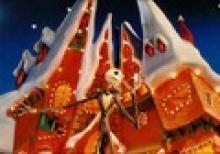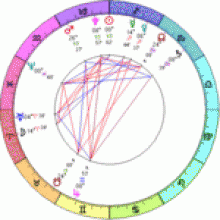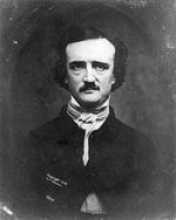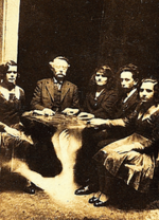Gender in Iain M. Banks' Culture Novels
One feature of the Culture is that you can remodel your body into anything you want. Switching from male to female or from female to male is as you might imagine a rather pedestrian choice, given the options. Wanna be a dolphin? No problem. Dolphin with gills? Go for it. Dolphin with gills and spikes and also feet for walking? Okey dokey.
For the most part, Culture people do not often switch from one gender to the other. However, most people make the switch at least once in their lifetimes. (Which are, it goes without saying, ridiculously long. Nearly infinite, if you count the ability to store your consciousness and download it into a new body at will.)
Aside from seeing what life is like for the other side, one common reason for a switch is among married couples. The wife will have a child by the husband, then they switch genders and the former husband has a child by the former wife. This is, if I remember correctly, one of the most significant gestures of love and loyalty that a person can make in the Culture.
Of course, this is only true for the biological citizens of the Culture. Artificial citizens (what you and I would call "robots," but that's a bit insulting when you're talking about the Mind of a ship.) Gender does not apply to the artificial intelligences; they are literally post-gender.
In fact, from a certain perspective, the Culture is run by these gender neutral intelligences. And all of the Culture's biological citizens are just an annoyance, or pets to be carried about ultimately at the wishes of the ships themselves.
As a result, Banks portrays a wonderfully gender-balanced world in his novels. He has protagonists which are female (at the time of the novel's events), and other protagonists who are male at the time of the novel, but were female in the past.
But in all the laudable diversity and fair treatment, one thing which Banks has never addressed head on is what gender really means, in a universe where the sexes are truly equal. (I use the plural because the idea of only two genders is a bit quaint in a culture which encompasses thousands of races across the universe.)
Most of his characters settle on their "real" gender and stick with it throughout their lives. (Aside from the aforementioned marriage and childbirth ritual.) But how do you decide? In the absence of any penalty for changing genders (either social or physical), I imagine that the discussion of what it means to be female or male would be a hot topic. If it suddenly became possible today, I think our global conversation about gender (both cis and trans) would be a lot different than it currently is, that's for sure!










